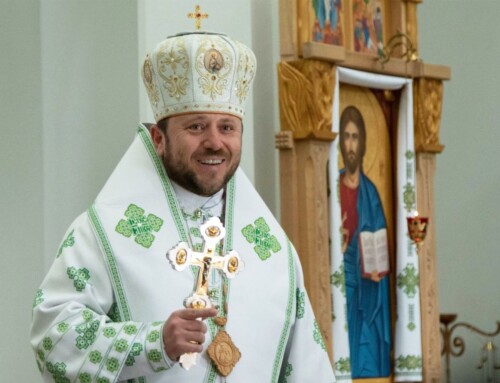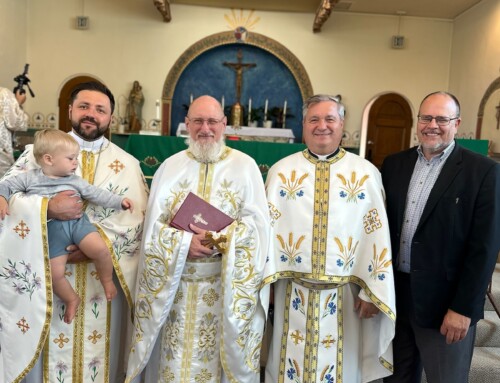By His presence at the Sobor, we testify that it is precisely in the parish that the faithful most frequently encounter Christ through Christian instruction, community prayer and service to one’s neighbour. Fostering and reviving parish life, we thus animate the entire Church. In view of this, we are presenting these proposals, which are divided into three levels: patriarchal, eparchial, and parochial. Patriarchal Level: For the continuing formation of priests, and the formation of seminarians: In homiletics courses, to pay attention to different approaches and methods of preaching among different categories of people. To hold a practical course on the prayerful reading of the Sacred Scriptures (Lectio Divina). Eparchial Level: Parochial Level: Patriarchal Level: Eparchial Level: Parish Level: Patriarchal Level: Eparchial Level: Parochial Level: Patriarchal Level: To set the Feast Day of Consecration of the Patriarchal Cathedral of the Resurrection of Christ in Kyiv on August 5th (Old Calendar: August 18th). To authorize the Patriarchal Liturgical Commission to compose and submit for approval a service for this feast day. Eparchial Level: Parochial Level: Patriarchal Level: Eparchial Level: Parochial Level: Patriarchal Level: Eparchial Level: Parochial Level: Patriarchal Level: Eparchial Level: Parochial Level: Patriarchal Level: Eparchial Level: Parochial Level: Patriarchal Level: Eparchial Level: Parochial Level:
We, the delegates of the 6th Session of the Patriarchal Sobor of the UGCC, gathered in Ivano-Frankivsk in the region of Prykarpattya, on the 25th-27th of August 2015, under the leadership of the Father and Head of the UGCC, His Beatitude Sviatoslav, discussing the theme “The Vibrant Parish – A Place to Encounter the Living Christ,” have developed specific directives for the life of our Church in Ukraine and elsewhere.
THE WORD OF GOD
CATECHESIS
MISSIONARY SPIRIT
LITURGY
PRAYER
COMMUNION-UNITY
SERVICE OF NEIGHBOR
LEADERSHIP
DISTRIBUTION OF GOODS




